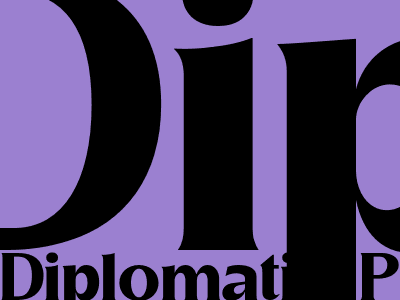Diplomatic Passports: A Passage to Global Mobility and Privilege
Understanding Diplomatic Passports
Diplomatic passports, issued by governments to their diplomats, are passports that grant special privileges and immunities to the bearer. These passports facilitate travel and grant access to foreign countries for official diplomatic missions. Diplomatic passports are distinct from regular passports and come with unique protocols and regulations.
Privileges of Diplomatic Passports
Visa-Free Travel
Diplomatic passport holders enjoy visa-free travel to many countries. They are exempt from the visa requirements that apply to ordinary passport holders, allowing them to travel and conduct diplomatic business seamlessly.
Diplomatic Immunity
Diplomatic passport holders are granted diplomatic immunity, which protects them from prosecution and arrest in the host country. This immunity extends to their official duties and private life, ensuring their safety and independence.
Protocol and Privileges
Diplomatic passport holders receive special treatment and privileges. They are entitled to precedence in official ceremonies, access to diplomatic lounges at airports, and other courtesies that facilitate their diplomatic work.
Eligibility for Diplomatic Passports
Eligibility for diplomatic passports is typically limited to individuals who represent their countries in an official diplomatic capacity. This includes ambassadors, consuls, diplomats, and other government officials engaged in diplomatic missions.
Application Process
The application process for diplomatic passports varies depending on the country. Generally, individuals must submit an application to their government's foreign ministry or diplomatic service. The application process involves background checks and security clearances to ensure the applicant's suitability for diplomatic representation.
Importance of Diplomatic Passports
Diplomatic passports play a vital role in international diplomacy. They enable diplomats to travel and conduct their duties efficiently, facilitating communication and cooperation between nations.
Diplomatic passports also symbolize the importance of diplomatic relations and the respect accorded to diplomats. By granting special privileges and immunities, countries acknowledge the critical role diplomats play in maintaining peaceful and cooperative relations.
Conclusion
Diplomatic passports are essential tools for diplomats, granting them the privileges and immunities necessary to carry out their diplomatic missions. They facilitate travel, provide protection, and underscore the importance of diplomatic relations in the global arena.

Comments